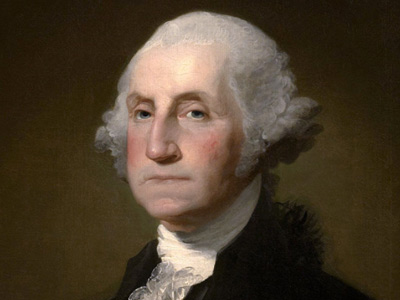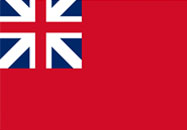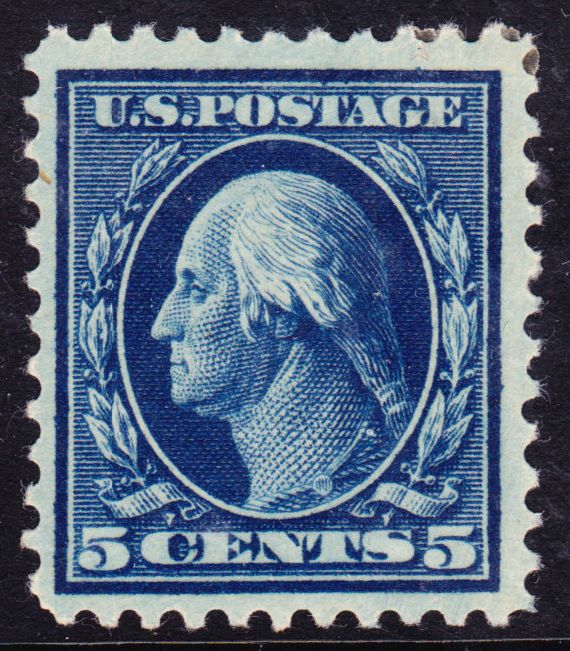George Washington (1732-1799)
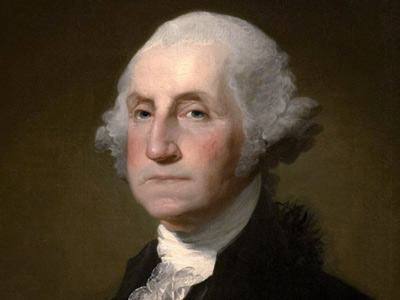
Early Life
George Washington was the first child of Augustine Washington (1694–1743) and his second wife Mary Ball Washington (1708–1789), born on their Pope's Creek Estate near present-day Colonial Beach in Westmoreland County, Virginia. He was born on February 11, 1731, according to the Julian calendar and Annunciation Style of enumerating years then in use in the British Empire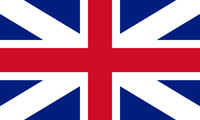 The British Empire, was composed of the dominions, colonies, protectorates, mandates, and other territories ruled or administered by the United Kingdom and its predecessor states. At its height it was the largest empire in history and, for over a century, was the foremost global power. By the start of the 20th century, Germany and the United States had begun to challenge Britain's economic lead.. The Gregorian calendar was adopted within the British Empire in 1752, and it renders a birth date of February 22, 1732.
The British Empire, was composed of the dominions, colonies, protectorates, mandates, and other territories ruled or administered by the United Kingdom and its predecessor states. At its height it was the largest empire in history and, for over a century, was the foremost global power. By the start of the 20th century, Germany and the United States had begun to challenge Britain's economic lead.. The Gregorian calendar was adopted within the British Empire in 1752, and it renders a birth date of February 22, 1732.
Washington was of primarily English gentry descent, especially from Sulgrave, England The Kingdom of Great Britain was a sovereign country in Western Europe from 1 May 1707 to the end of 31 December 1800. The state was created by the 1706 Treaty of Union and ratified by the Acts of Union 1707, which united the kingdoms of England (which included Wales) and Scotland to form a single kingdom encompassing the whole island of Great Britain and its outlying islands, with the exception of the Isle of Man and the Channel Islands.. His great-grandfather John Washington emigrated to Virginia in 1656 and began accumulating land and slaves, as did his son Lawrence and his grandson, George's father Augustine. Augustine was a tobacco planter who also tried his hand in iron-manufacturing ventures. In George's youth, the Washingtons were moderately prosperous members of the Virginia gentry, of "middling rank" rather than one of the leading planter families.
The Kingdom of Great Britain was a sovereign country in Western Europe from 1 May 1707 to the end of 31 December 1800. The state was created by the 1706 Treaty of Union and ratified by the Acts of Union 1707, which united the kingdoms of England (which included Wales) and Scotland to form a single kingdom encompassing the whole island of Great Britain and its outlying islands, with the exception of the Isle of Man and the Channel Islands.. His great-grandfather John Washington emigrated to Virginia in 1656 and began accumulating land and slaves, as did his son Lawrence and his grandson, George's father Augustine. Augustine was a tobacco planter who also tried his hand in iron-manufacturing ventures. In George's youth, the Washingtons were moderately prosperous members of the Virginia gentry, of "middling rank" rather than one of the leading planter families.
Six of George's siblings reached maturity, including older half-brothers Lawrence and Augustine, from his father's first marriage to Jane Butler Washington, and full siblings Samuel, Elizabeth (Betty), John Augustine, and Charles. Three siblings died before adulthood: his full sister Mildred died when she was about one, his half-brother Butler died in infancy, and his half-sister Jane died at age twelve, when George was about two. His father died of a sudden illness in April 1743 when George was eleven years old, and his half-brother Lawrence became a surrogate father and role model. William Fairfax was Lawrence's father-in-law and the cousin of Virginia's largest landowner Thomas, Lord Fairfax, and he was also a formative influence. William Fairfax's son, George William Fairfax, was a close friend and associate of Washington. His, wife, Sally, was also a friend of Washington and an early romantic interest. While no evidence exists of a sexual affair between the two, Washington wrote Sally love letters even after she had married.
Washington's father was the Justice of the Westmoreland County Court. George spent much of his boyhood at Ferry Farm in Stafford County near Fredericksburg. Lawrence Washington inherited another family property from his father, a plantation on the Potomac River at Little Hunting Creek which he named Mount Vernon, in honor of his commanding officer, Vice Admiral Edward Vernon. George inherited Ferry Farm upon his father's death and eventually acquired Mount Vernon after Lawrence's death.
The death of his father prevented Washington from an education at England's Appleby School such as his older brothers had received. He achieved the equivalent of an elementary school education from a variety of tutors, as well as from a school run by an Anglican clergyman in or near Fredericksburg. There was talk of securing an appointment for him in the Royal Navy when he was 15, but it was dropped when his widowed mother objected.
In 1751, Washington traveled to Barbados with Lawrence, who was suffering from tuberculosis, with the hope that the climate would be beneficial to Lawrence's health. Washington contracted smallpox during the trip, which left his face slightly scarred but immunized him against future exposures to the dreaded disease. Lawrence's health failed to improve, and he returned to Mount Vernon where he died in the summer of 1752. Lawrence's position as Adjutant General (militia leader) of Virginia was divided into four district offices after his death. Washington was appointed by Governor Dinwiddie as one of the four district adjutants in February 1753, with the rank of major in the Virginia militia. During this period, Washington became a Freemason while in Fredericksburg, although his involvement was minimal.
HISTORY
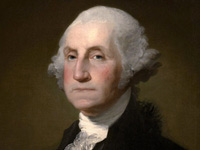
RESOURCES
This article uses material from the Wikipedia article "George Washington (1732-1799)", which is released under the Creative Commons Attribution-Share-Alike License 3.0.
© Stories Preschool. All Rights Reserved.
